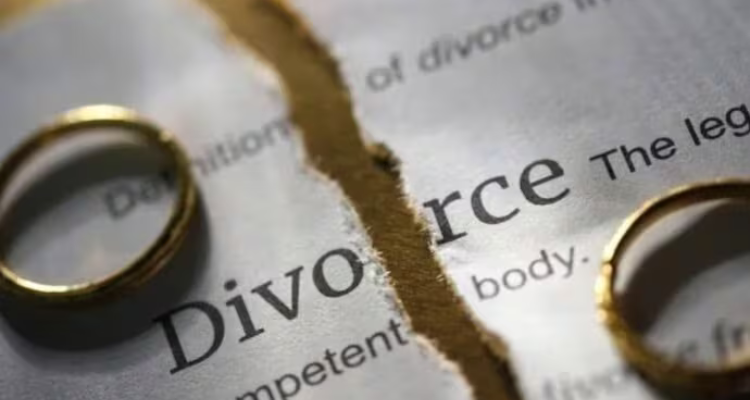
In a groundbreaking ruling, the High Court of Andhra Pradesh, under the stewardship of Justice T. Mallikarjuna Rao, delivered a significant judgment in the case of M. Sreenivasulu and Others Vs. The State Of Andhra Pradesh and Others. The ruling, issued on May 3rd, 2024, has far-reaching implications on the interpretation of matrimonial laws and the framing of criminal charges.
Challenging Legal Discharge
The case revolved around a petition filed by M. Sreenivasulu and Others, contesting against the State of Andhra Pradesh and Others. The defendants, represented by Counsel Challa Gunaranjan, sought to overturn the discharge petition order issued by the trial court on November 18th, 2022. Revision Petitioners A.1 to A.3 challenged the legality of the discharge order, which denied their plea to be discharged from the criminal case.
Question of Legal Merit
Central to the case were allegations of procedural irregularities by the investigating officer, who hastily registered an FIR without conducting a thorough inquiry. Counsel for the defendants argued that the charges of cruelty and dowry harassment lacked substance due to the annulment of the marriage between A.1 and the 2nd Respondent by the Family Court, Ranga Reddy District.
Legal Precedents and Judicial Analysis
Justice T. Mallikarjuna Rao referenced legal precedents, including the case of State of T.N. v. N. Suresh Rajan, emphasizing the necessity of establishing a prima facie case before proceeding with criminal charges. Furthermore, the judgment invoked the case of Sheoraj Singh Ahlawat v. State of U.P. to underscore the court’s role in evaluating the material on record.
Insufficient Evidence and Discharge
After meticulous analysis of the evidence, including the nullification of the marriage between A.1 and the 2nd Respondent, the court concluded that there was inadequate evidence to proceed against the defendants. Justice Rao discharged the defendants from the criminal case, stating that subjecting them to a full-fledged trial would be unjustified.
Read More: Supreme Court, Delhi High Court, States High Court, Other Courts, International




